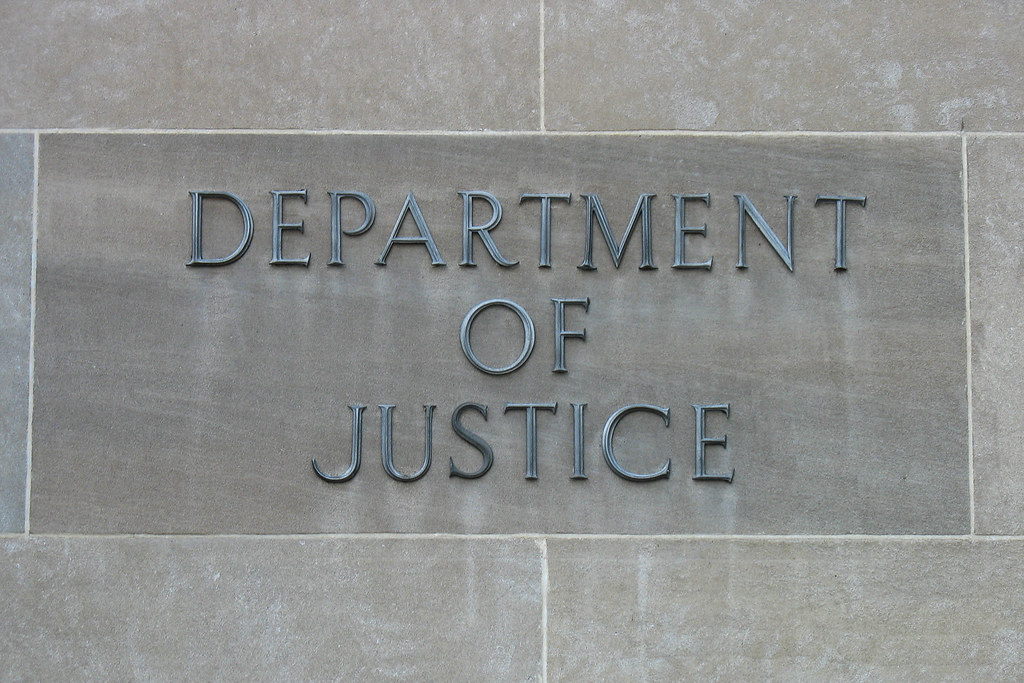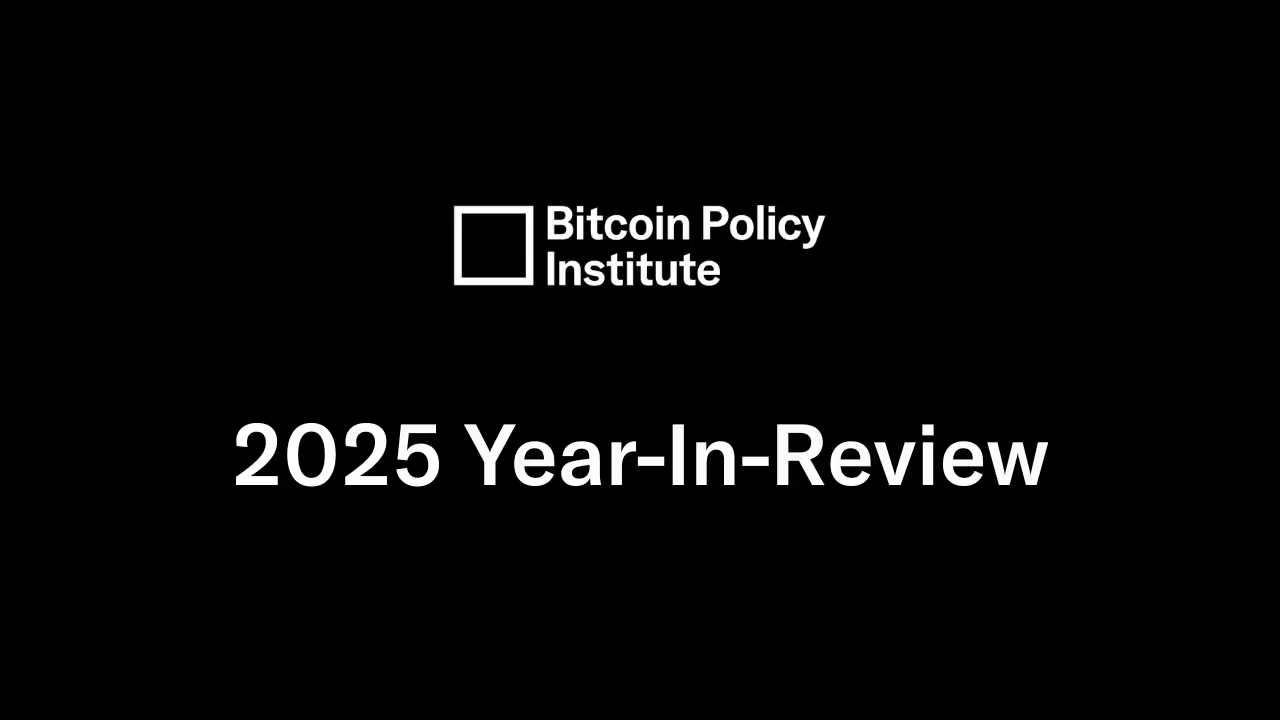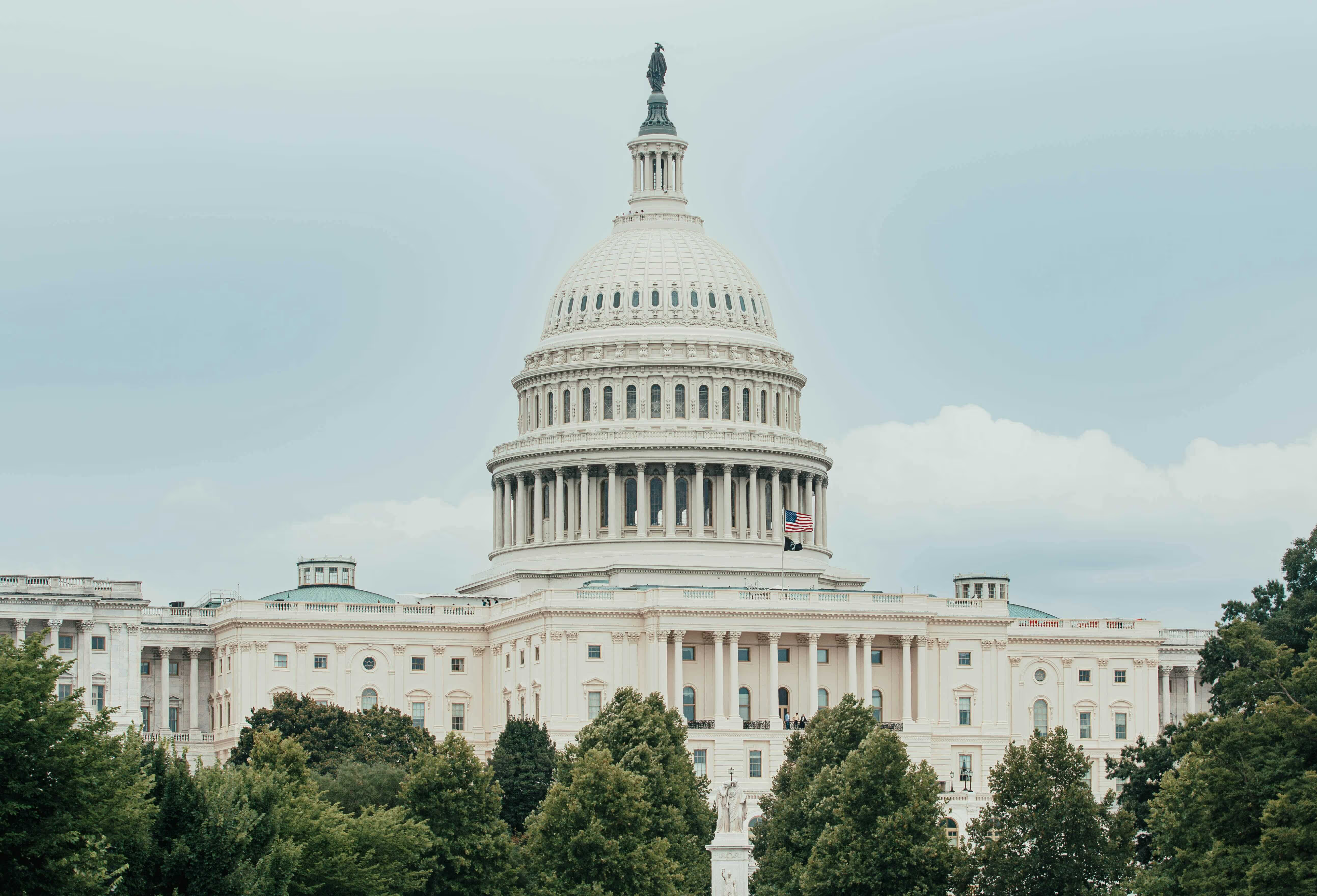Brady Letter Reveals DOJ Ignored FinCEN in Samourai Case
The rule of law means the rules apply to the rule-makers, too. Dropping the charges is the only defensible move.

1 · The newly revealed bombshell
Defense counsel in U.S. v. Rodriguez & Hill (the Samourai Wallet case) has just filed a Brady letter disclosing that, six months before the 2024 Samourai indictment, prosecutors asked FinCEN whether Samourai’s non-custodial wallet and coinjoin software constituted “money transmission.” FinCEN’s reply was an emphatic “no,” but prosecutors in the Southern District of New York nevertheless charged Keonne Rodriguez and William Hill with “Conspiracy to Operate an Unlicensed Money Transmitting Business,” subjecting the software developers to the prospect of years in prison. According to one of the prosecutors in the Samourai Wallet case, “[FinCEN guidance has generally focused on custody of cryptocurrency in the question of determining whether an entity is acting as a [MSB]. Because Samourai does not take ‘custody’ of the cryptocurrency by possessing the private keys to any addresses where the cryptocurrency is stored, that would strongly suggest that Samourai is NOT (emphasis in the original) acting as an MSB.”
2 · Why this matters
- Smoking-gun overreach. Prosecutors knew that FinCEN, the part of the US Treasury Department that defines the scope of “money transmission” under US law, did not view Samourai Wallet as a money transmitter. Yet they criminally prosecuted Samourai Wallet’s developers for failing to register as a money transmitter with FinCEN.
- Regulation by indictment. Federal prosecutors are supposed to enforce pre-existing rules, not invent new ones after the fact, without the benefit of expert regulators or democratic buy-in. Bringing the case in the teeth of FinCEN’s advice demonstrates the intent by the US Attorney’s office to unilaterally expand the reach of the Bank Secrecy Act to non-custodial tools, where the users, and not the developers, are the ones “transmitting” funds. This could set extremely dangerous precedent that amounts to an effective ban on peer-to-peer use of open networks.
- Brady abuse and due-process harm. Keeping exculpatory agency analysis hidden for a year forced the defense to burn resources disproving what DOJ already knew was false.
3 · Relic of the Biden crackdown collides with Trump 2.0 and the Blanche Memo
The indictment was filed under President Biden’s anti-crypto law enforcement regime. Since taking office, the Trump Administration has set the following priorities:
- Jan 23 EO on “Strengthening American Leadership in Digital Financial Technology.” Commits to “[p]rotecting and promoting the . . . ability to develop and deploy software, . . . to transact with other persons without unlawful censorship, and to maintain self-custody of digital assets.”
- Deputy AG Todd Blanche’s April 7 memo, “Ending Regulation by Prosecution.” This memo states that the DOJ “will no longer target virtual currency exchanges, mixing and tumbling services, and offline wallets for the acts of their end users or unwitting violations of regulations,” and explicitly prohibits §1960 or Bank Secrecy Act charges unless the defendant willfully ignored a clear licensing duty—precisely what FinCEN said does not exist here.
- Prosecutors have already told Judge Berman they are “considering dismissal” and sought a 16-day pause.
Continuing the money-transmission count would therefore:
- Defy the Trump administration’s published crypto policy.
- Undercut Deputy Attorney General Blanche’s clear directive.
- Signal that prosecutorial discretion, not written law, should define the boundaries of digital freedom to transact in the 21st Century.
4 · What should happen now
- Dismiss the §1960 charges against the Samourai Wallet developers immediately. The element of “accepting or transmitting” value cannot be proven when FinCEN—the rule-writer—says it isn’t present.
- Open an internal-affairs probe. Why was FinCEN’s advice ignored and withheld? Did the prosecutors in the Tornado Cash case, who explicitly argued that the Tornado Cash smart contracts constituted money transmission under FinCEN’s guidance, have similar interactions with FinCEN
- Congressional oversight. Lawmakers now have concrete evidence of the prior administration’s regulatory overreach carried forward by inertia, and should take steps, including passage of the Blockchain Regulatory Certainty Act, to make sure this doesn’t happen again.
5 · Why readers should care
If prosecutors can ignore the regulator, conceal the contradiction, and press felony charges anyway, no entrepreneur can rely on the government’s own guidance. Trump’s pledges to make America a crypto leader will ring hollow unless DOJ practices the restraint its leadership now preaches.



.svg)
.avif)




